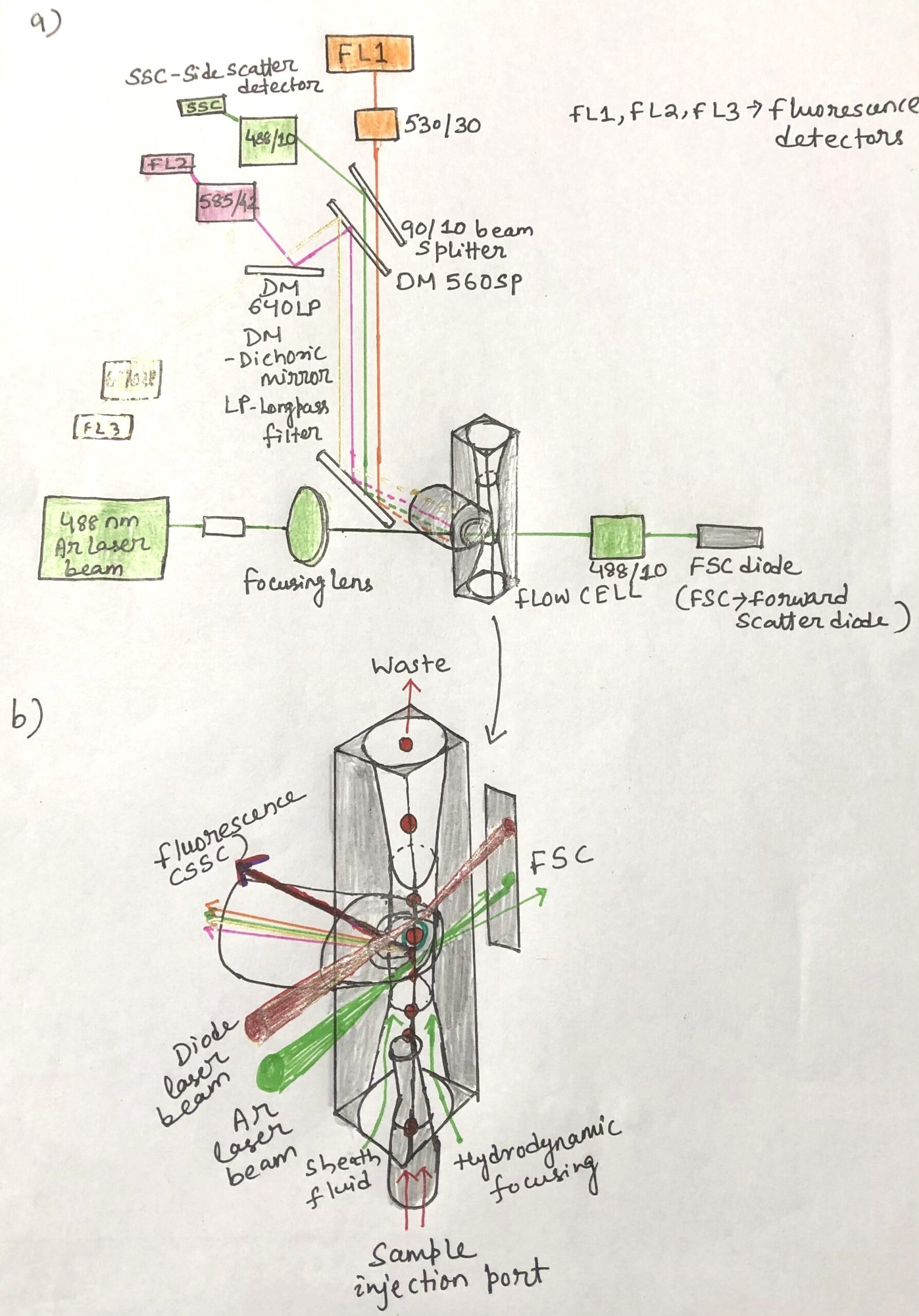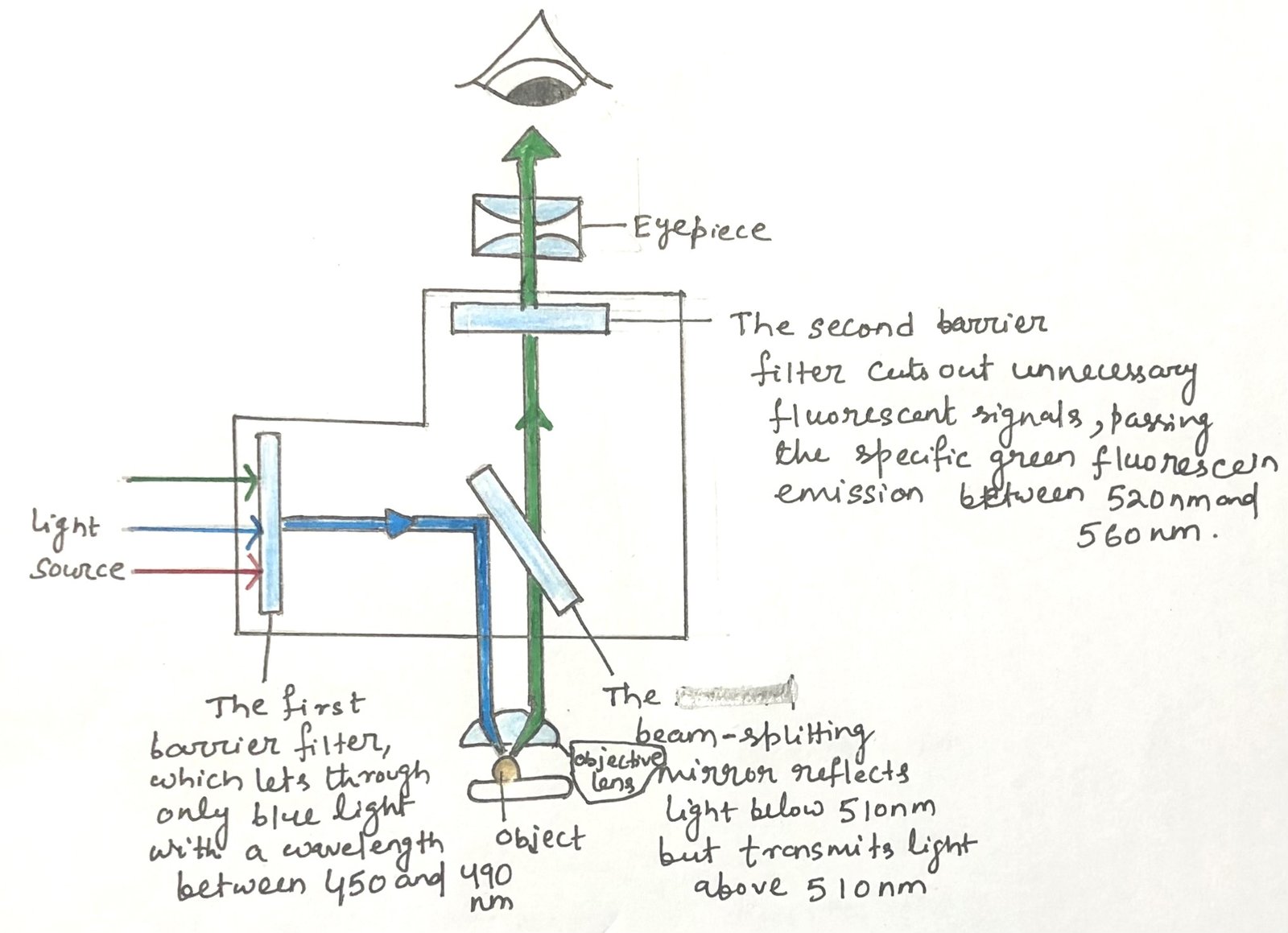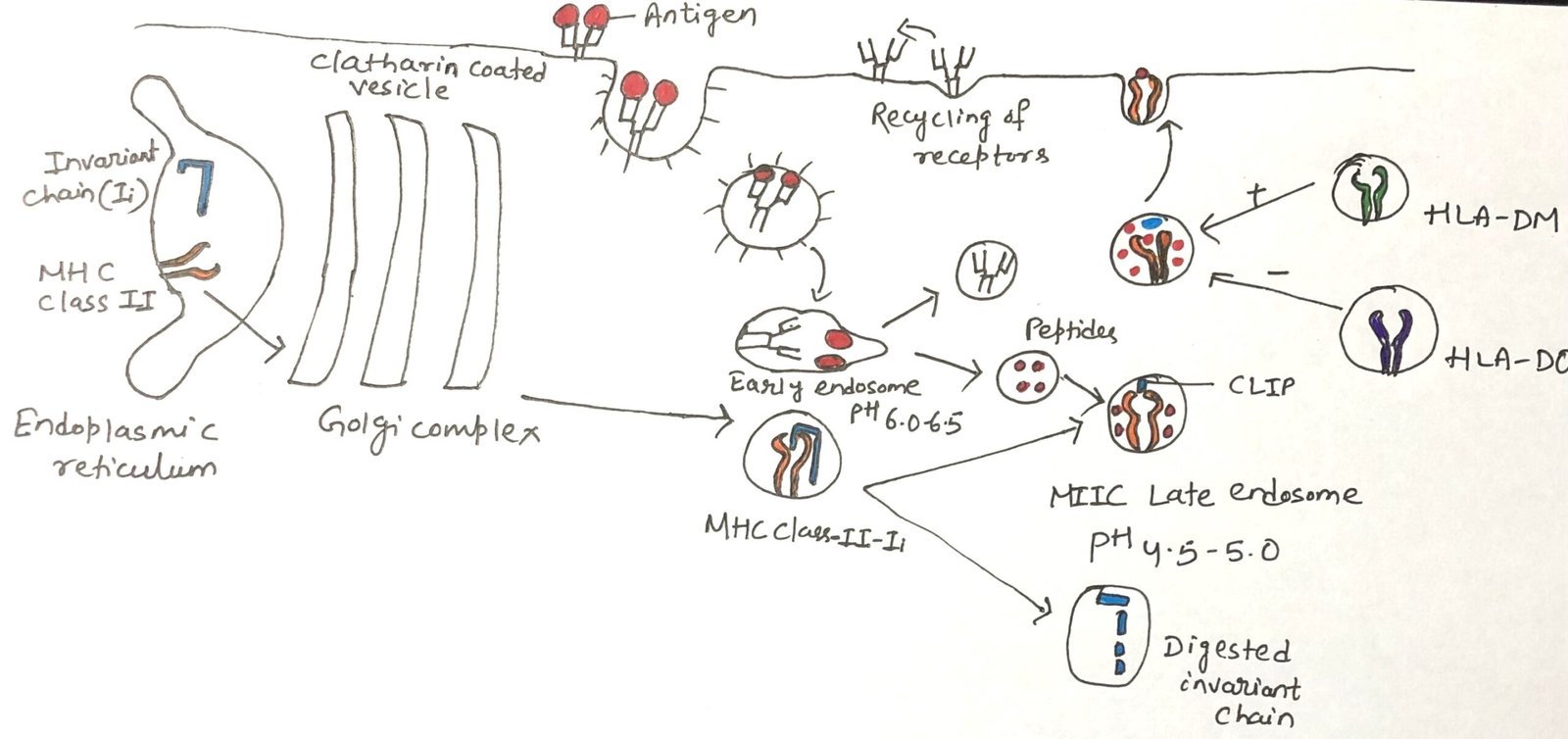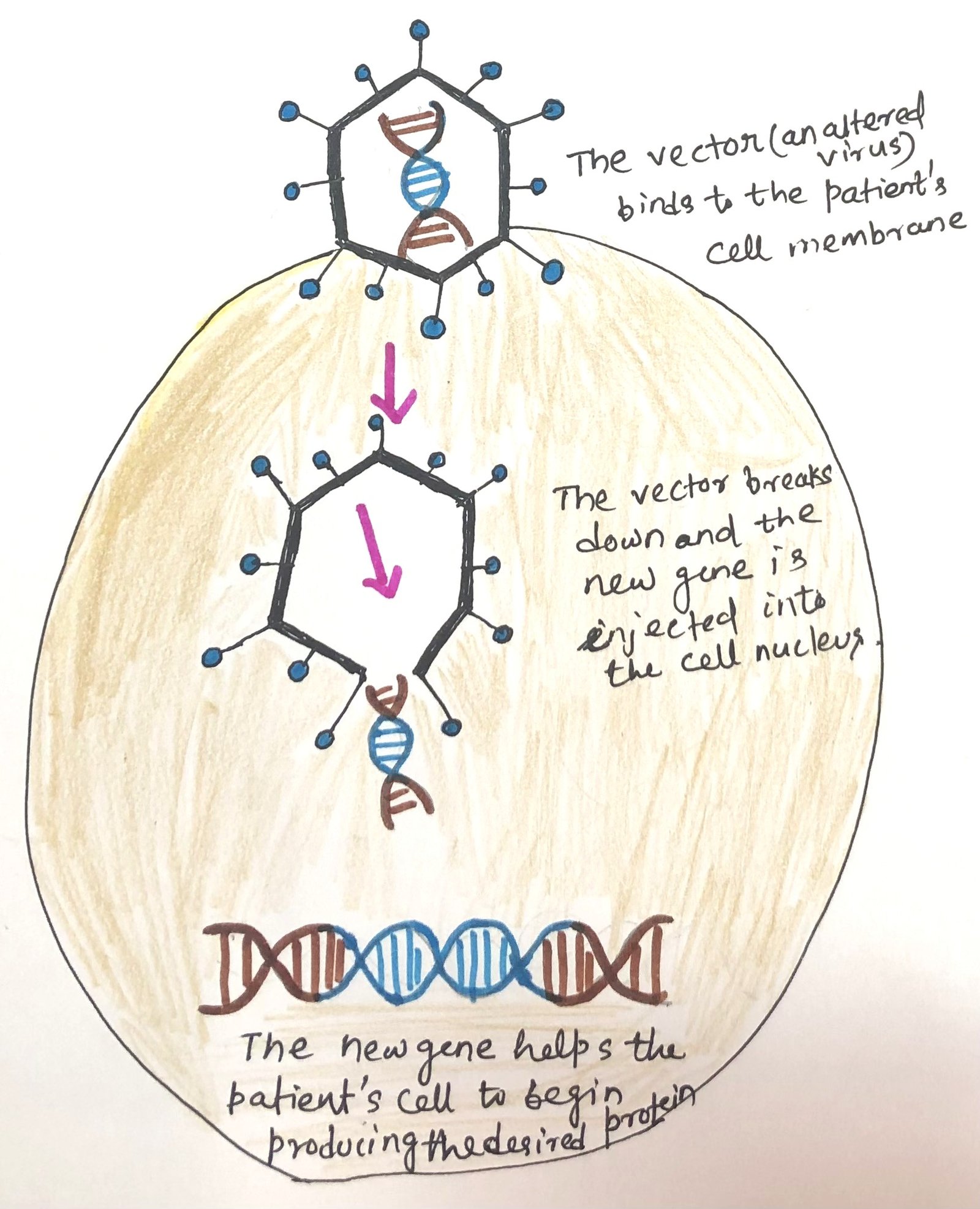Quantitative Cell Analysis Using Flow Cytometry
In this article, I briefly describe quantitative cell analysis using flow cytometry. Flow Cytometry Flow cytometry, first developed in the early 1980s by Leonore Herzenberg and colleagues, quickly emerged as a powerful analytical tool in cell biology and immunology. One of its earliest and most significant applications was the analysis of lymphocyte subpopulations in patients … Read more >>









